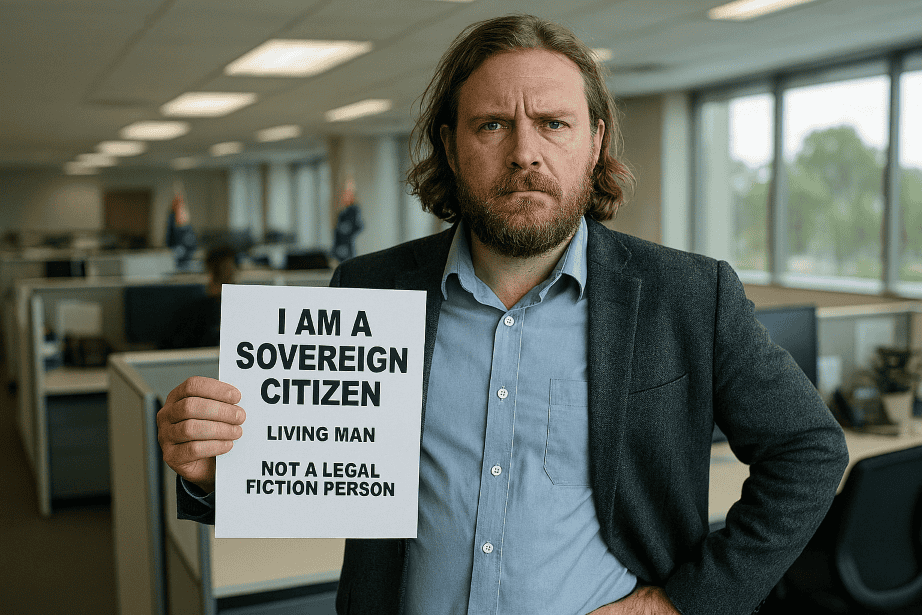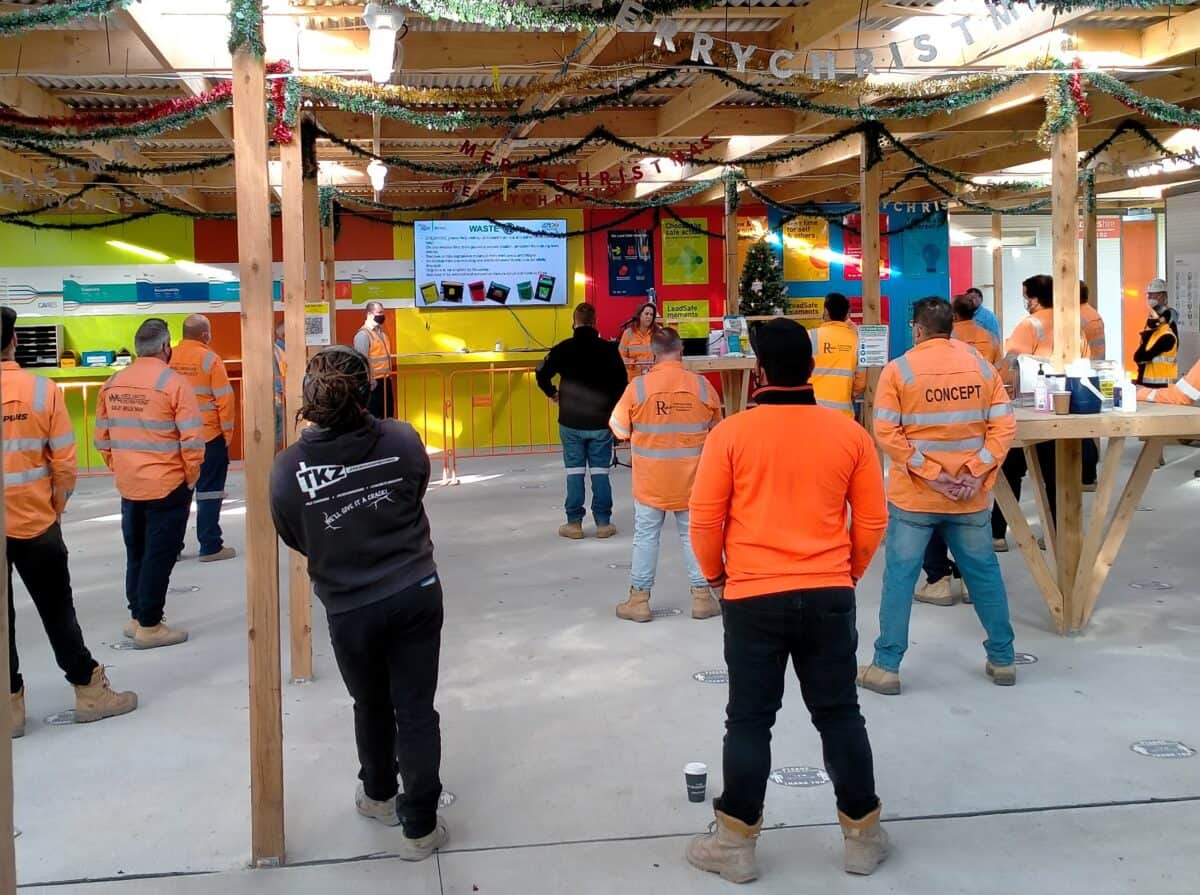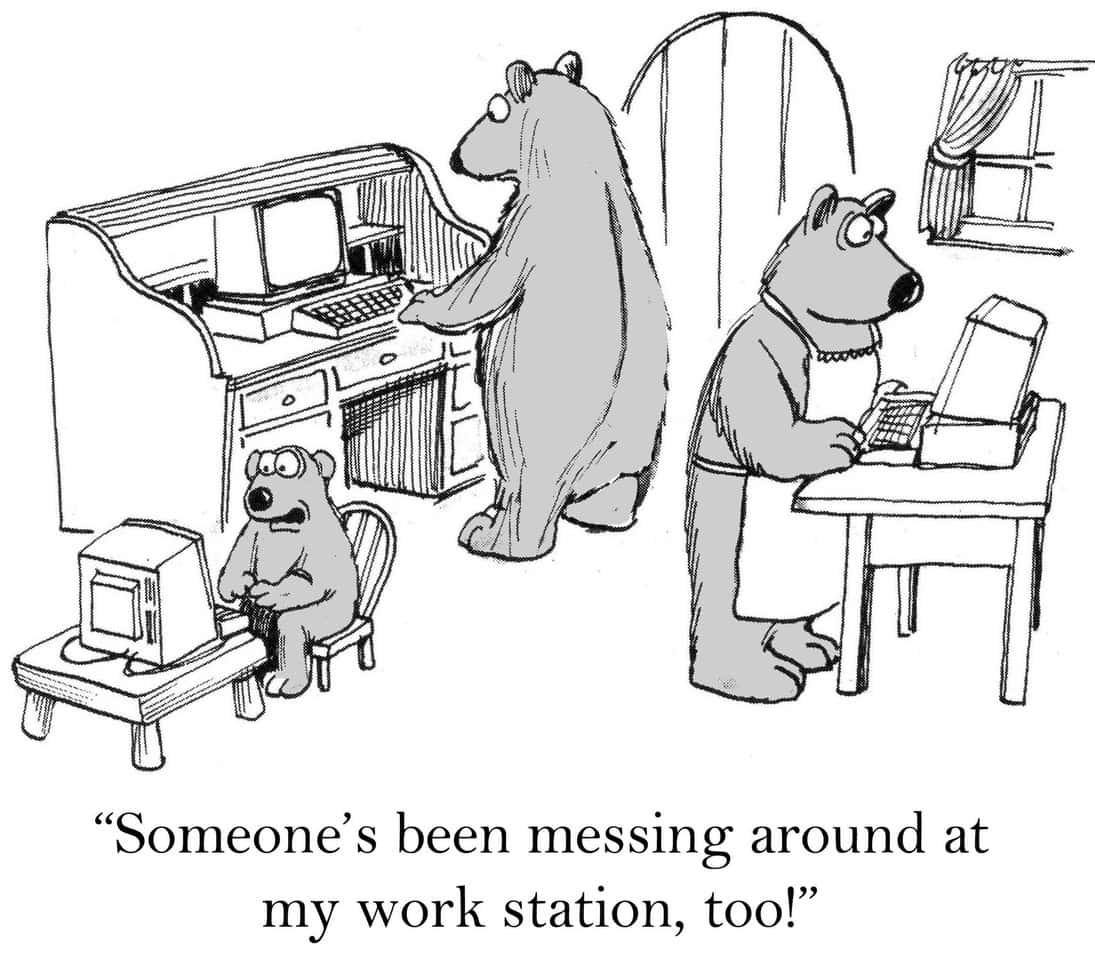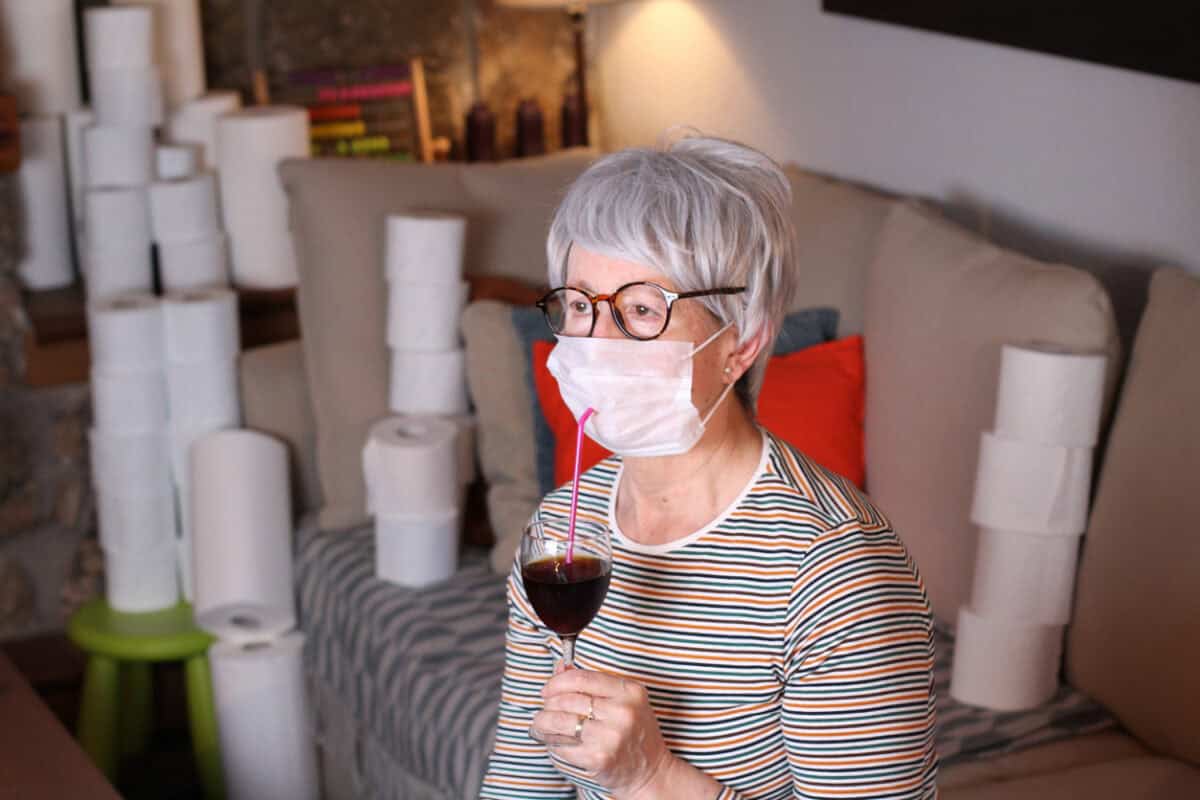In Australia, the sovereign citizen movement has gained strength for some time, particularly since the COVID-19 pandemic. It is also, according to The Age newspaper recently, creating administrative problems for the courts – Flash juries and Bible verses: How sovereign citizens clog up Australian courts (paywalled). I began considering how I would manage a worker who held sovereign-citizen beliefs and might object to certain policies and directives used in the occupational health and safety (OHS) context.
Category: mandatory
Beyond COVID Toward Safer Smarter Workplaces
The recent COVID-19 pandemic is over, but the virus and risk continue. Like any biological hazard that occurs in or affects workplaces, occupational health and safety (OHS) personnel need to be ready to respond appropriately should the hazard emerge or expand.
It is generally accepted that Safe Work Australia responded as quickly as possible when developing COVID-19 guidance, given that everyone was trying to work out what the hell was happening. Shortly before the pandemic, WorkSafe Victoria had published the first edition of a guide on how employers could respond to pandemics.
But where is Australia at now? How prepared are we for the next disease pandemic or epidemic? I asked Safe Work Australia and WorkSafe Victoria for an update.
Someone should have read the instructions – OHS in COVID times
Ask someone to depict occupational health and safety (OHS) in a drawing, and the image is likely to include a hard hat, maybe some safety glasses, or hearing protection. Personal Protective Equipment (PPE) dominates the concept of OHS and how people perceive OHS, even when PPE is the last hazard control option to be considered in providing safe and healthy work.
Our relationship with PPE has forever been changed by everyone’s experience of the COVID-19 pandemic. The survivors of the pandemic are loath to reflect on those few intense years, but OHS needs to talk about the pandemic and what went right and what went wrong. Here’s a short start to the conversation.
Work-from-Home Wins: Productivity Holds, Mental Health Glows, but Bosses Still Crave the Office Status Quo
“WFH is probably good for productivity” was a headline in the Australian Financial Review (AFR) of May 29 2025. The online version (paywalled) added “if it’s part-time”. The Productivity Commission‘s examination of the COVID-19 pandemic in its “before-and-after” report presents some new perspectives on occupational health and safety (OHS) aspects of working from home.
There is no excuse for ignoring pandemic preparation
No one wants to experience another pandemic, yet our governments seem uninterested in preparing for the next inevitable one. Australia was relatively lucky in its death rates, but the COVID-19 pandemic and the government-imposed lockdowns have changed some citizens mentally and philosophically. Vaccines arrived comparatively quickly, an amazing story in itself, reducing the emphasis on quarantine as an essential (engineering) control.
In 2021, Geoff Manuagh and Nicola Twilley wrote about the history and future of quarantine in a book called “Until Proven Safe“. The book is a useful reminder of our responses to global pandemics and the overlap of occupational and public health.
Action on Health and Safety is always a choice
Last week epidemiologist Hassan Vally wrote one article in The Age called either “Health or economy a false choice” or “COVID caution can be a win for both public health and business” (paywalled), depending on the sub-editor and format. Curiously one has a negative implication, the other, the opposite. Either way, the article illustrates the public health dichotomy that mirrors that of occupational health and safety (OHS).
OHS often requires a decision between profit or production and safety. Public Health deciders need to consider the interests of the public and the duties of government. I prefer the former headline because it states that this decision is a “choice”. Safety, occupational or public, is always a choice.
Vaccine mandates and omission bias
Over the last two years or so, occupational health and safety (OHS) professionals seemed to have been the go-to people for handling the workplace impacts of the coronavirus pandemic. Whether that is fair or not is debatable, but it is likely to repeat reality as workplaces continue to face labour shortages, production and supply disruption and variable exposure to the virus. At the moment, many politicians are uncertain about how to proceed. Employers need to have an operational plan, but they, or their OHS advisers, also need to step back occasionally and look at the larger context.
That step-back perspective is just what Dyani Lewis has done in a small but useful book called “Unvaxxed – Trust, Truth and the Rise of Vaccine Outrage“.







